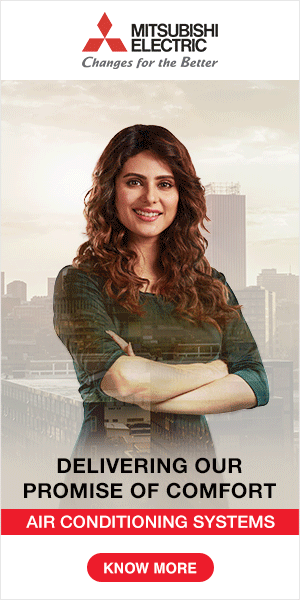Purity Unleashed – Navigating the Waters of Water Filtration System Selection
In a world where clean and safe drinking water is becoming an increasingly precious commodity, the need for reliable water filtration systems has never been more apparent. The market is flooded with a myriad of options, each claiming to be the epitome of water purity. Navigating this sea of choices can be overwhelming, but with a thoughtful approach, one can unleash the purity needed for a healthier life. Understanding the water quality in your area is the first step in this journey. Different regions face distinct water contamination challenges, ranging from sediment and chlorine to heavy metals and microorganisms. Conducting a water quality test can provide valuable insights, allowing you to tailor your filtration system to address specific contaminants prevalent in your water supply. The next consideration is the type of water filtration system that suits your needs. Common options include activated carbon filters, reverse osmosis systems, and UV purifiers. Activated carbon filters are effective at removing impurities and improving taste, while reverse osmosis systems excel at eliminating a wide range of contaminants, including heavy metals and microbes.
UV purifiers use ultraviolet light to disinfect water, making them ideal for destroying bacteria and viruses. The choice depends on your water quality concerns and the level of filtration required. The filtration rate is another crucial factor to ponder. Some systems are designed for point-of-use filtration, meaning they purify water at specific outlets like faucets or showers. Others offer whole-house filtration, ensuring every drop of water in home is treated. Understanding your usage patterns and the extent of water purification required will help you determine the most suitable filtration rate for your household. Maintenance requirements are often overlooked but play a vital role in the long-term effectiveness of a water filtration system. Some systems demand regular filter replacements, while others may need periodic cleaning or servicing. Consider the ease of maintenance and associated costs to ensure that your chosen system remains a practical and sustainable solution over time.

Cost is, of course, a significant factor in any purchase decision. While it is tempting to opt for the most budget-friendly option, it is essential to weigh the initial investment against long-term benefits. Cheaper systems may require more frequent maintenance or have a shorter lifespan, ultimately costing more in the long run. Investing in a high-quality filtration system may seem steep initially, but it pays dividends in terms of water quality and system durability. Lastly, consider the environmental impact of your chosen water filtration system. Some systems generate waste, such as used filter cartridges, which can contribute to landfill problems. Opting for Advanced Water Purification systems with recyclable components or minimal waste output aligns with a sustainable lifestyle, ensuring that your quest for purified water does not compromise the environment. Selecting the right water filtration system involves a thoughtful evaluation of your water quality, filtration needs, maintenance requirements, costs, and environmental impact. By navigating these waters with a clear understanding of your priorities, you can unleash the purity your household deserves, ensuring a healthier and more sustainable future.
